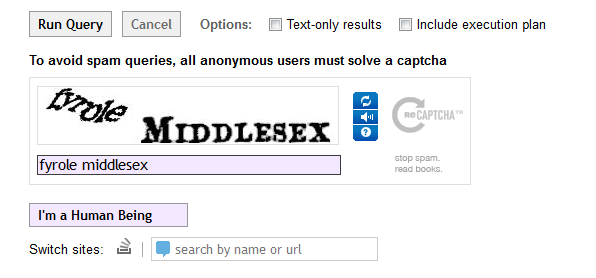00:00 - 04:0004:00 - 06:0006:00 - 12:0012:00 - 13:0013:00 - 14:0014:00 - 15:0015:00 - 16:0016:00 - 17:0017:00 - 18:0018:00 - 19:0019:00 - 20:0020:00 - 21:0021:00 - 22:0022:00 - 23:0023:00 - 00:00
user142019
user142019
00:00 - 04:0004:00 - 06:0006:00 - 12:0012:00 - 13:0013:00 - 14:0014:00 - 15:0015:00 - 16:0016:00 - 17:0017:00 - 18:0018:00 - 19:0019:00 - 20:0020:00 - 21:0021:00 - 22:0022:00 - 23:0023:00 - 00:00

